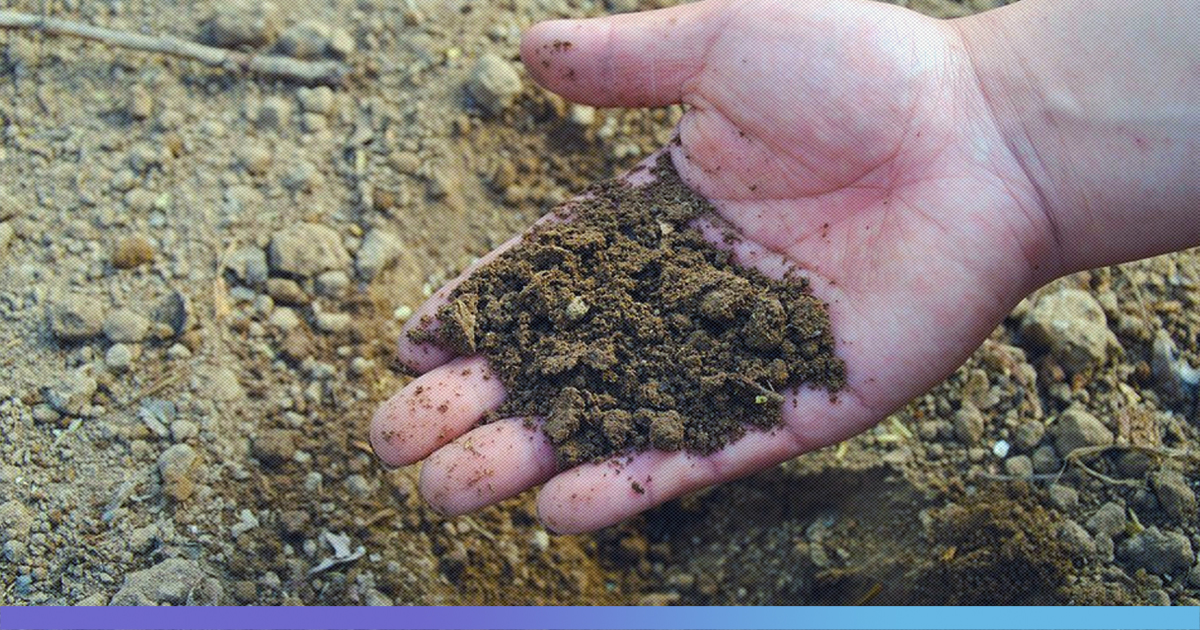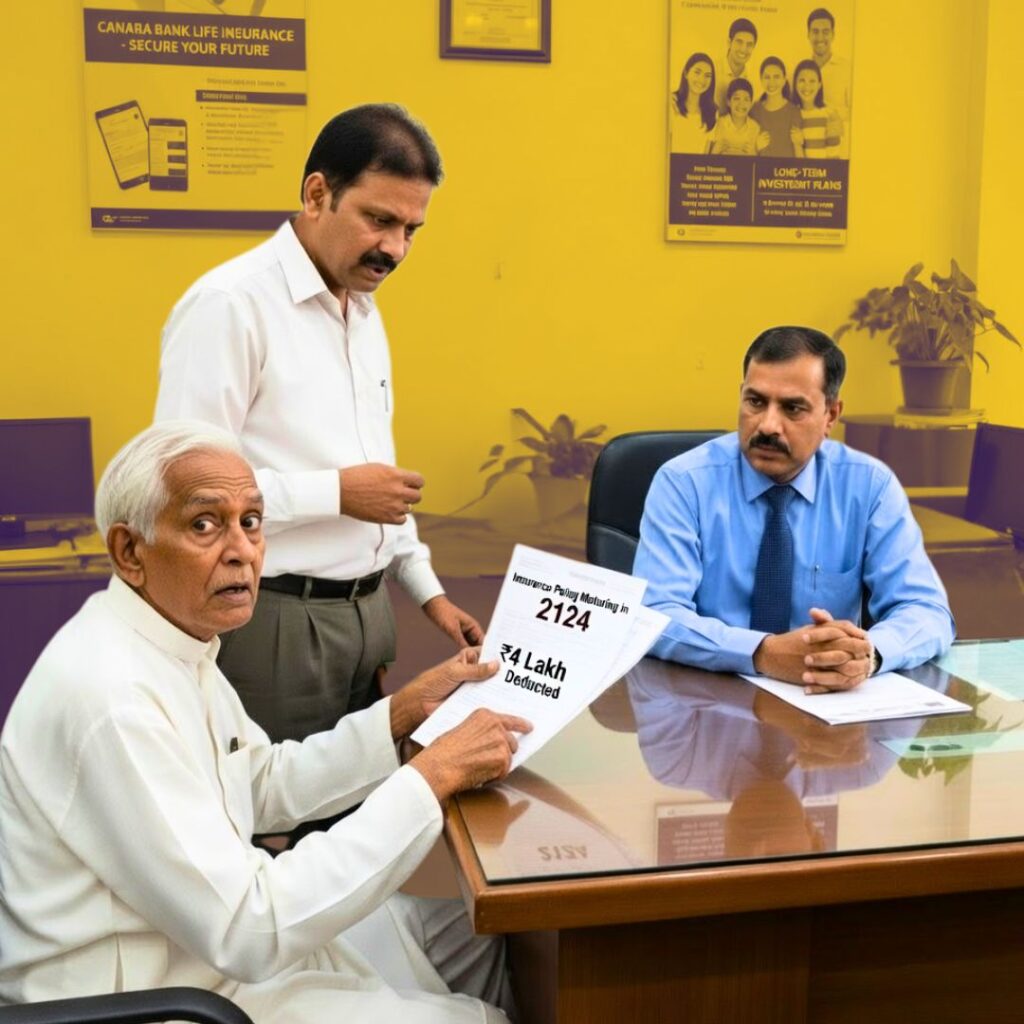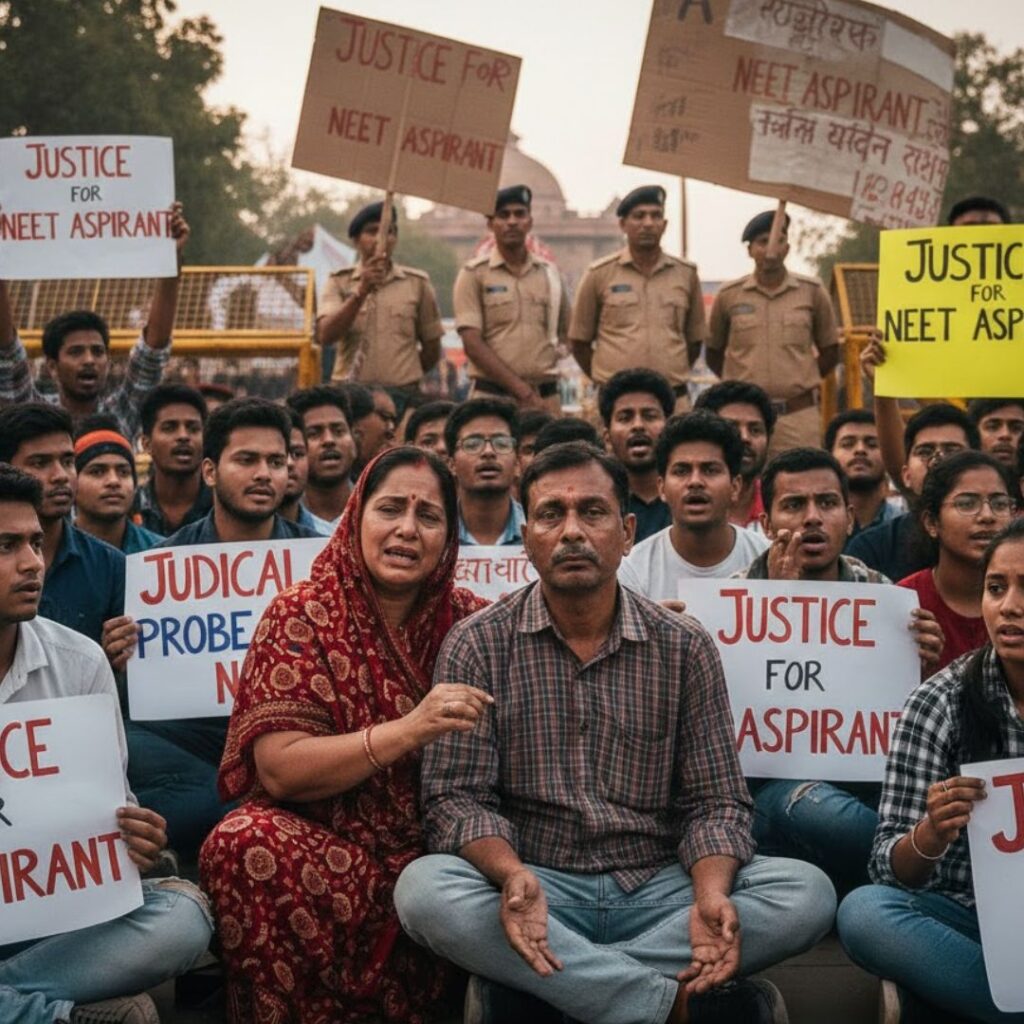On Tuesday, May 21, Washington became the first state to approve composting as an alternative to cremating or burying human remains. Licensed facilities are allowed to offer “natural organic reduction”, which, in a span of several weeks, turns a human body mixed with straw and wood chips, into a good amount of soil. Just as loved ones spread the ashes of someone who has been cremated, they can spread this soil, and even use it to plant a tree. State government dictated that composting can also be used from May 2020.
This method, supporters have to say, is an alternative which is more environmentally friendly when compared to cremation. Cremation, on the other hand, releases carbon dioxide and particulates into the air. When it comes to conventional burial, people are drained of their blood and pumped full of formaldehyde and other chemicals. This can pollute groundwater.
“That’s a serious weight on the earth and the environment as your final farewell,” The Guardian quoted Senator Jamie Pedersen, the Seattle Democrat who sponsored the measure, as saying.
What Is The Method?
The legislation, Senator Jamie Pedersen said, was inspired by his neighbour Katrina Spade. Spade was an architecture graduate student at the University of Massachusetts, Amherst. During her research on the funeral industry, she came up with the idea of human composting. This practice has been long used by farmers to dispose of livestock.
She found out that a mixture of nitrogen and carbon is created by wood chips, alfalfa and straw, which accelerates natural decomposition when a body is placed in moisture and temperature controlled vessel, and rotated.
In 2017, a company, Recompose, was founded by Spade to bring the concept to the fore. Last year, the idea was tested by Washington State University on six bodies, all of who were donors and wished to be a part of the study.
Alkaline hydrolysis, which uses heat, pressure, water and chemicals like lye to reduce remains, is a process that can also be used. This is already legal in 19 other states.
In what can be called natural or “green” burials, bodies in cemeteries, without being embalmed, can be buried in biodegradable shrouds or caskets.
The state senator, however, said that he has received emails from people saying that this idea is disgusting or undignified. However, the senator believes that the process would actually be respectful.
The Logical Indian Take
Being a natural way of disposing of dead bodies, with various positive aspects surrounding it, this is a method which, if adopted by India, will help people connect to nature once they lose a loved one. As the company says, it will provide an emotional connection to the families, which is typically missing in crematoriums.
Also Read: In Areas Around Sterlite’s Copper Plant, Groundwater Heavily Contaminated With Metals: Central Govt













